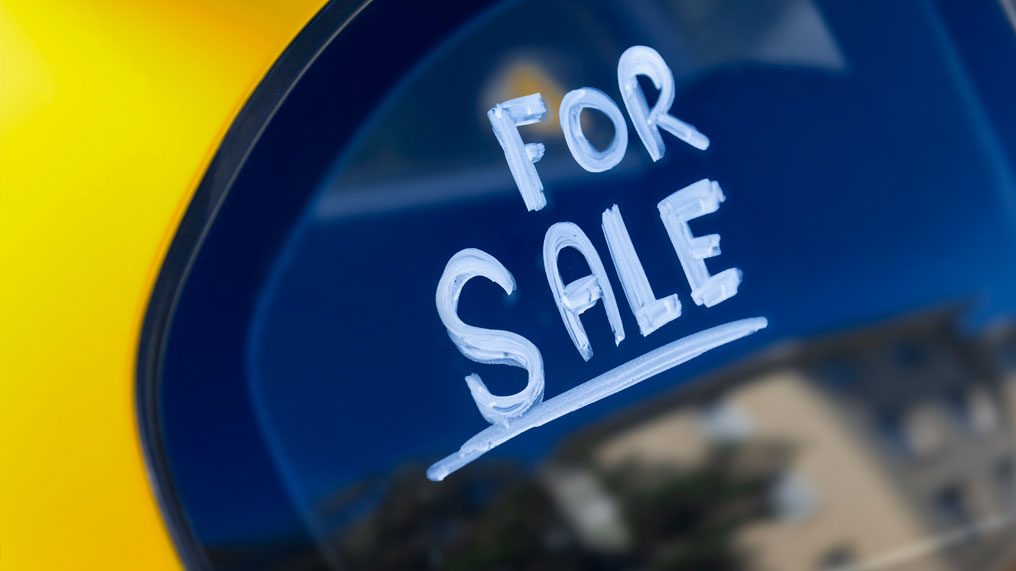Advantages of buying a new car
Finance packages - leasing, personal contract purchase and hire purchase - mean new cars are often seen as a monthly cost rather than an upfront purchase price. This has made new models more affordable to those who don’t have large sums of money sitting in the bank.
Leasing means buyers can get a brand new car every few years for a set monthly cost.
One of the main reasons for buying new is you can get exactly the car you want. Pink paintwork with a purple interior and alloy wheels? It’s yours. And if the optional arm rest, individual USB ports for the rear seats and adaptive cruise control tickle your fancy, they’re yours too.
A new car also offers peace of mind. There’s no driver history to worry about and you’ll have a manufacturer warranty to fall back on should there be any problems.
Disadvantages of buying a new car
The biggest hidden cost is depreciation. This is the value the car loses as it ages. The bad news for those buying a new car is that depreciation is usually at its worst over the first three years of a car’s life.
It’s for this reason that car leasing has become popular, essentially paying a figure similar to depreciation over a small number of years. You then hand the car back, but don’t own anything for the money you’ve paid.
Advantages of buying a used car
Because of new-car depreciation, the cost of buying a second-hand car is much lower, as is the level of depreciation in the years that follow.
Pick up a relatively new second-hand car, say something which has come out of a three-year lease deal, and you may find that any mechanical or electrical teething problems have already reared their ugly head and hopefully been dealt with.
Make sure you check the car’s paperwork and service history. You can also check the Government’s website for a record of all vehicle recalls and the MOT history of a car - this can reveal any work which will need to be done soon, such as replacing worn tyres.
Disadvantages of buying a used car
When buying a used car, you can check over its service history, but it’s difficult to know how it has been treated on the road.
You’re also going to have to spend some time tracking down a car with the features you want. If you’re having no luck finding the perfect car, you may need to compromise on some features in order to increase the number of cars which meet your requirements.
While some car makes do carry long warranties, which can transfer to a new owner, buying second-hand often means having no warranty should anything go wrong. Many dealers will offer some form of warranty, but be aware that they won’t cover wear and tear which is more of an issue as a car gets older.
Verdict
Your choice between a new or used car will come down to how the positives and negatives stack up against your personal circumstances.
You might want the reassurance of buying new, perhaps as a personal contract purchase or lease, with the monthly cost being within your budget. However, getting more for your money could be top of your wish list, meaning you’re happy to have 20,000 miles on the clock, will settle for black instead of sky blue, and won’t turn your nose up at the lack of rear-parking sensors.




